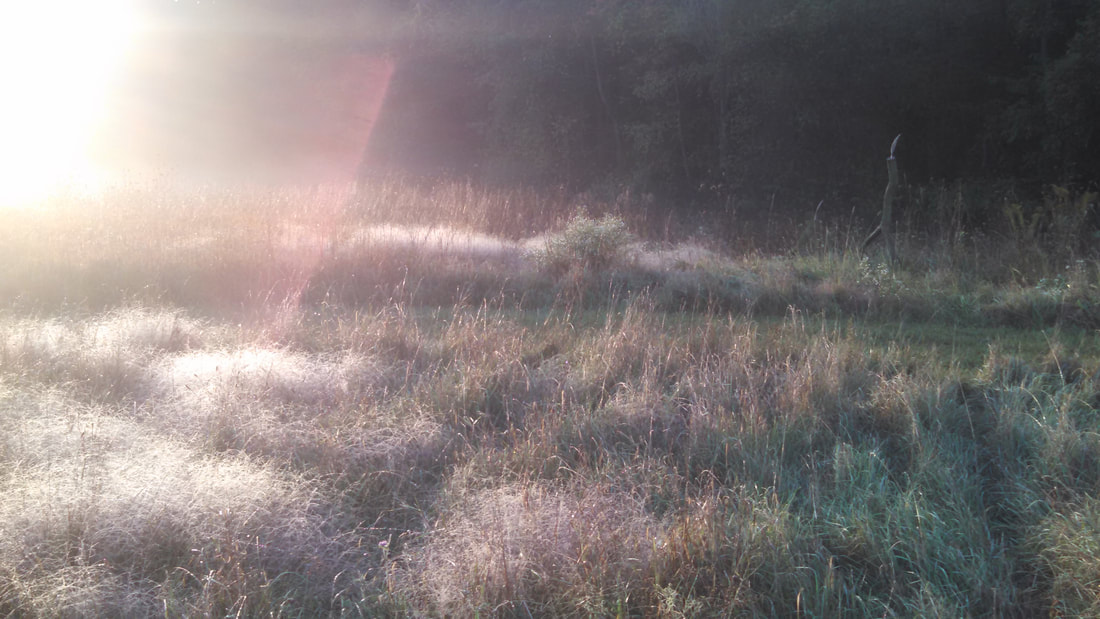 Gus Kotka and Johnny Reb Thereat Events
Gus Kotka and Johnny Reb Thereat Events VI of XIII
“About the gain Reb?”
“Yes.”
“The states weren’t sectional about Article the first.”
“Correct.”
“You said states as different as South Carolina and Vermont passed the amendment.”
“They did.”
“We the People was alive and well.”
“I hear ya Yank.”
“And then in 70 years, them two states, South Carolina and Vermont, they was at war.”
“And all the others.”
“Why didn’t people in our time see that?”
“People get sideways Gus.”
“Lost.”
“And then they create a way again.”
“Back into constitutionalism.”
“That’s the promise; it’ll be like this Gus.”
“Like what?”
“Look ahead of us.”
“Okay.”
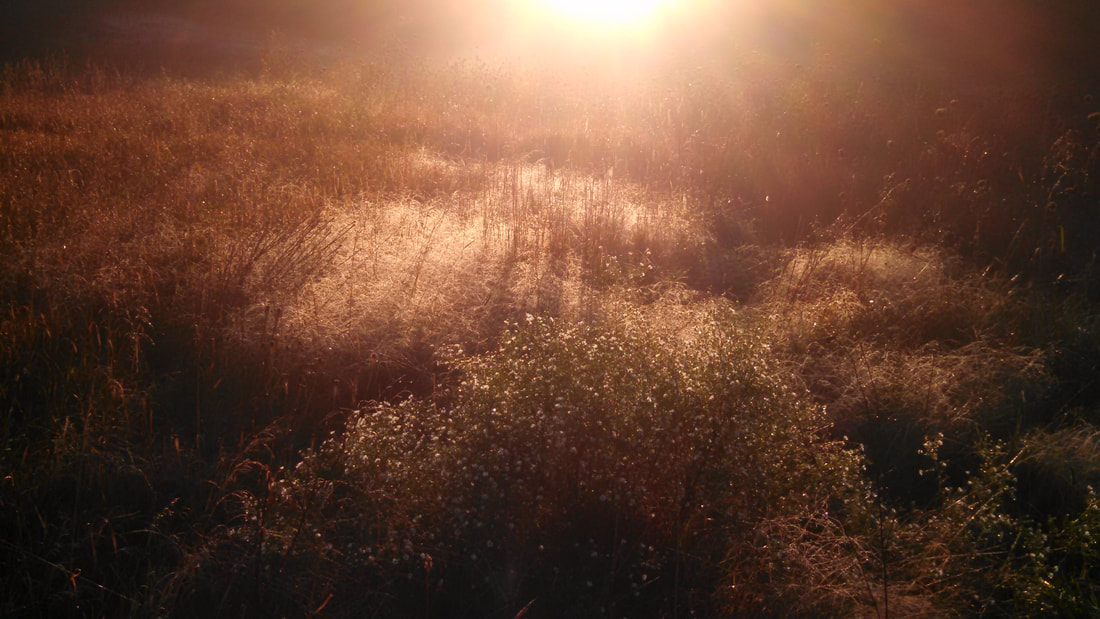 Gus Kotka and Johnny Reb Thereat Great
Gus Kotka and Johnny Reb Thereat Great “Hear that?”
“No.”
“That’s the sound of a sun rise.”
“Sunrises are great.”
“The sound of greatness is not tumid.”
“Does tumid mean bombastic?”
“It does.”
“Great is sound timelessness.”
“That’s the same sun that we witnessed in April 1861.”
“Reb?”
“Yeah.”
“We were not smart.”
“Say more.”
“We didn’t really read the Constitution.”
“Morgan would agree.”
“And for not defending We the People.”
“We let a fraction tear our We apart.”
“We were slaves to an idea Johnny.”
“Slaves to the usurpation.”
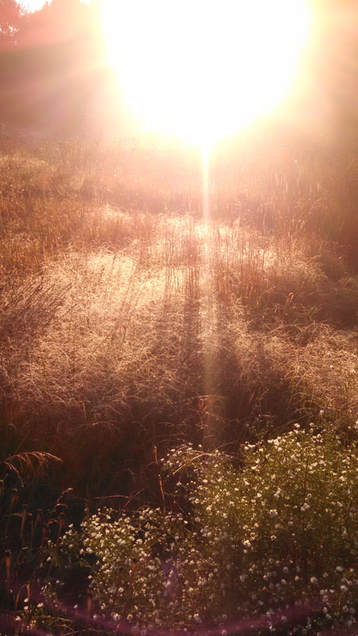 Gus Kotka and Johnny Reb Thereat Dew
Gus Kotka and Johnny Reb Thereat Dew “So great moments are quiet moments?”
“‘The dew falls on the grass when the night is most silent.’”
“I like the sound of that.”
“A German’s words, someone from our time.”
“Nice.”
“He also said: ‘It is the stillest words that bring on the storm. Thoughts that come on doves’ feet guide the world.’”
“So if states like South Carolina and Vermont started asking questions …”
“… The usurpers would have to give answers.”
“They couldn’t be silent, could they?”
“Not like the dew.”
“So any of the eleven states that have passed Article the first could ask?”
“Any state can ask questions Gus.”
“And asking questions is basic.”
“It is the traditional right of the free.”
“A right we should have used better, back in our day Johnny.”
“Agreed Yank.”
*Hempoween Up Next: A celebratory note on Tuesday, 31 October, Toast Them Hemp Seeds This Hempoween.
Posted by Bryan W. Brickner
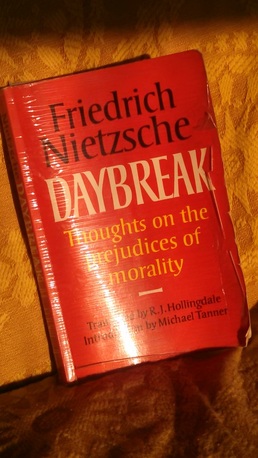
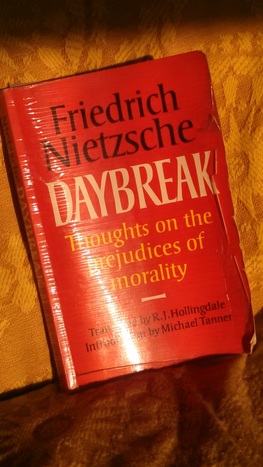
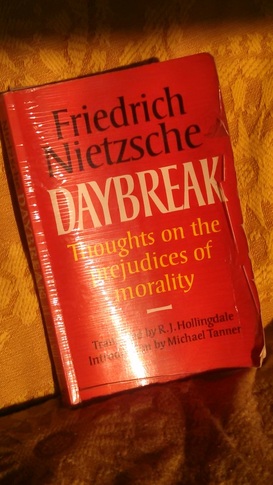
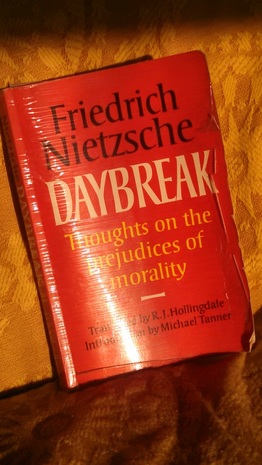
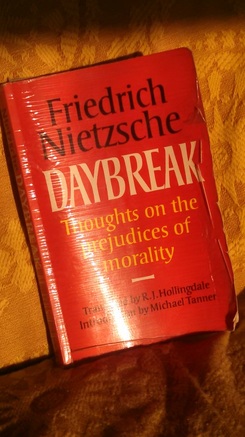
 RSS Feed
RSS Feed
